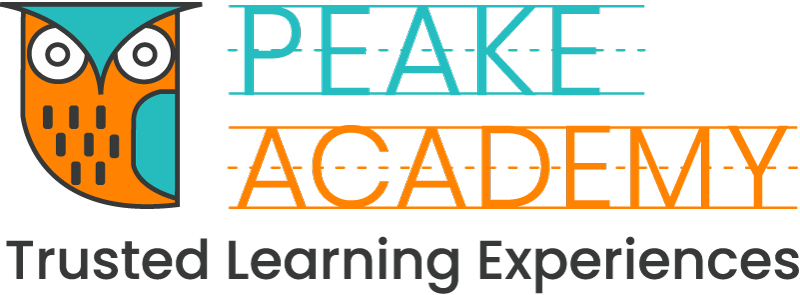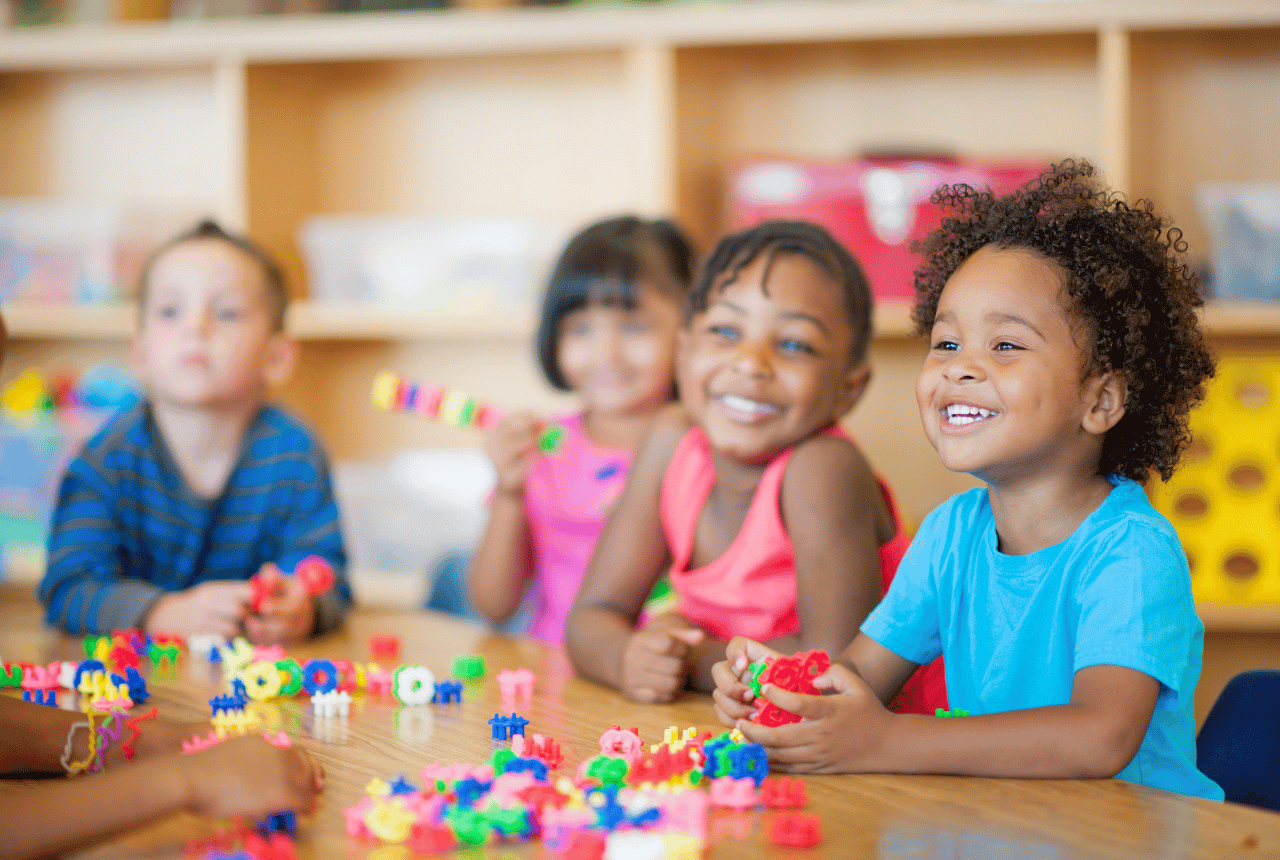How to Gauge Your Child's Readiness for Kindergarten: Essential Skills Checklist
As your child nears the age for kindergarten, you might begin to wonder if they are ready for this next big step. Kindergarten readiness encompasses a range of skills from social and emotional abilities to basic academic knowledge and motor skills. Understanding what to assess can help ensure your child has a smooth transition into kindergarten. Here is a comprehensive guide on how to assess your child's skills for kindergarten readiness.
1. Social and Emotional Skills
Kindergarten is not just an academic challenge but also a social one. Children should be able to interact appropriately with peers and adults.
Sharing and Cooperation: Can your child take turns, share resources, listen to others, and work as part of a group?
Emotional Self-Regulation: Look for signs that your child can manage their emotions. For instance, can they calm down after getting upset? Do they express their feelings using words?
Classroom Behavior: Assess if your child can follow instructions, respect rules, and transition from one activity to another without excessive distress.
2. Language Skills
Language skills are crucial not just for reading and writing but for effective communication within the classroom.
Speaking Skills: Can your child express their needs, ask questions, and speak in complete sentences?
Listening Comprehension: It’s important that your child understands directions and can listen to a story and then talk about it.
Recognition of Letters and Sounds: Recognizing letters and their corresponding sounds is a fundamental reading skill. Check if your child can recite the alphabet and begin connecting letters to sounds.
3. Cognitive Skills
These skills pertain to your child's ability to think, reason, and solve problems.
Basic Counting and Number Recognition: Can your child count to at least 10 and recognize numbers 1 through 10?
Understanding of Concepts: Assess if they understand basic concepts like big vs. small, same vs. different, and other simple opposites.
Problem-Solving Skills: Can they solve simple puzzles? Do they understand how to tackle a problem and make attempts to find a solution?
4. Physical and Motor Skills
Fine and gross motor skills are vital for a child’s physical independence and ability to handle classroom materials.
Gross Motor Skills: Can your child run, jump, climb stairs, and play with balls?
Fine Motor Skills: Look for skills like holding a pencil, using scissors, and being able to manipulate small objects with their fingers.
5. Independence and Self-Care
Children need a certain level of independence to manage a school day without constant adult supervision.
Personal Care Skills: Assess whether your child can manage bathroom needs, wash hands, and manage basic dressing tasks like buttoning and zipping.
Routine Management: Can they follow a basic schedule or routine, such as hanging up their coat or putting away toys?
6. Attitude Toward Learning
A child’s attitude towards learning can significantly affect their kindergarten experience.
Curiosity and Eagerness to Learn: Does your child show interest in learning new things? Are they eager to explore books and participate in learning activities?
Attention Span: Can your child focus on a task for a reasonable amount of time? This is crucial for participating in group activities and listening to classroom instructions.
How to Support Your Child's Kindergarten Readiness
Engage in Purposeful Play: Activities that mimic school scenarios can help children practice the skills needed for kindergarten. Role-playing, puzzles, and games that require following rules are excellent for this.
Create a Routine: Establishing a daily routine helps children understand sequences and manage their time—an essential skill for school.
Read Together: Regular reading helps develop vocabulary, comprehension, and a love for books. It also enhances listening skills and concentration.
Encourage Independence: Allow your child to perform tasks on their own and make choices about their activities. This builds confidence and decision-making skills.
Communicate Regularly: Discuss the school in a positive light. Talk about what they will do there, who they will meet, and what they’ll learn to create enthusiasm and reduce anxiety about the new environment.
Conclusion
Assessing your child’s readiness for kindergarten doesn’t need to be daunting. By understanding what skills to look for and how to nurture them, you can prepare your child for a successful start in their educational journey. Remember, every child develops at their own pace; continual support and encouragement are key to their growth and confidence.
Free Resource
Thank you for reading this content. And if you loved this post, please be sure to join our Parent Advisor Facebook group where we share more insights and community.
Ensure your child is kindergarten-ready with our essential skills checklist and receive a FREE Kindergarten Prep Goals Checklist to track their progress.
Everyone deserves self-care
The same goes for busy moms like you. So let's do it together and create a healthy habit!
Join the 30-Day Happy Mom Challenge Today!
Visit our Parent Advisor and The Buzz Blogs to learn more about related topics and parenting tips. You are welcome to join our private Parent Advisor Facebook group. It’s a growing community of parents and preschool teachers where you can learn and share more parenting tips.








